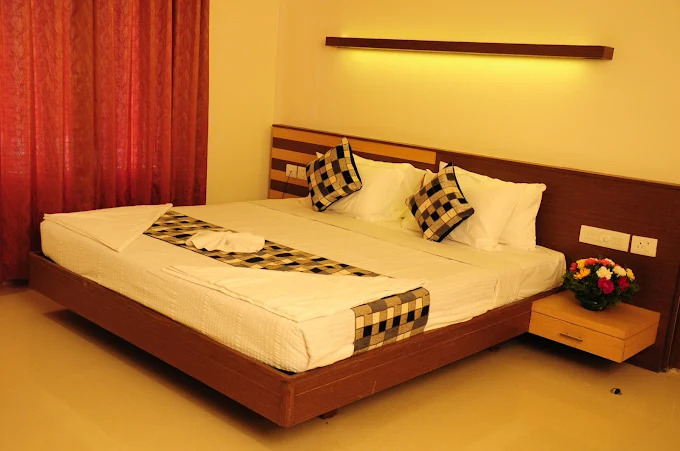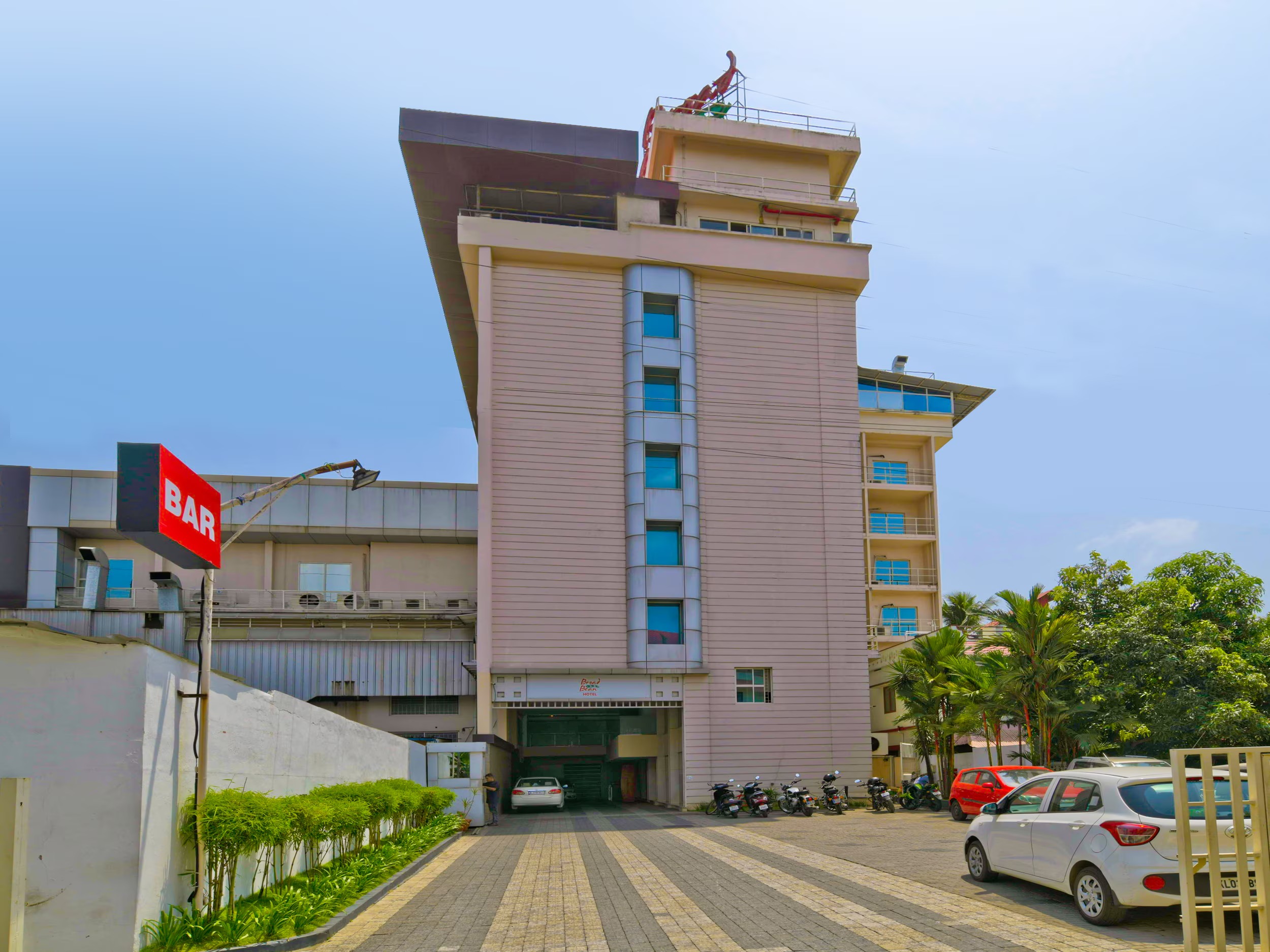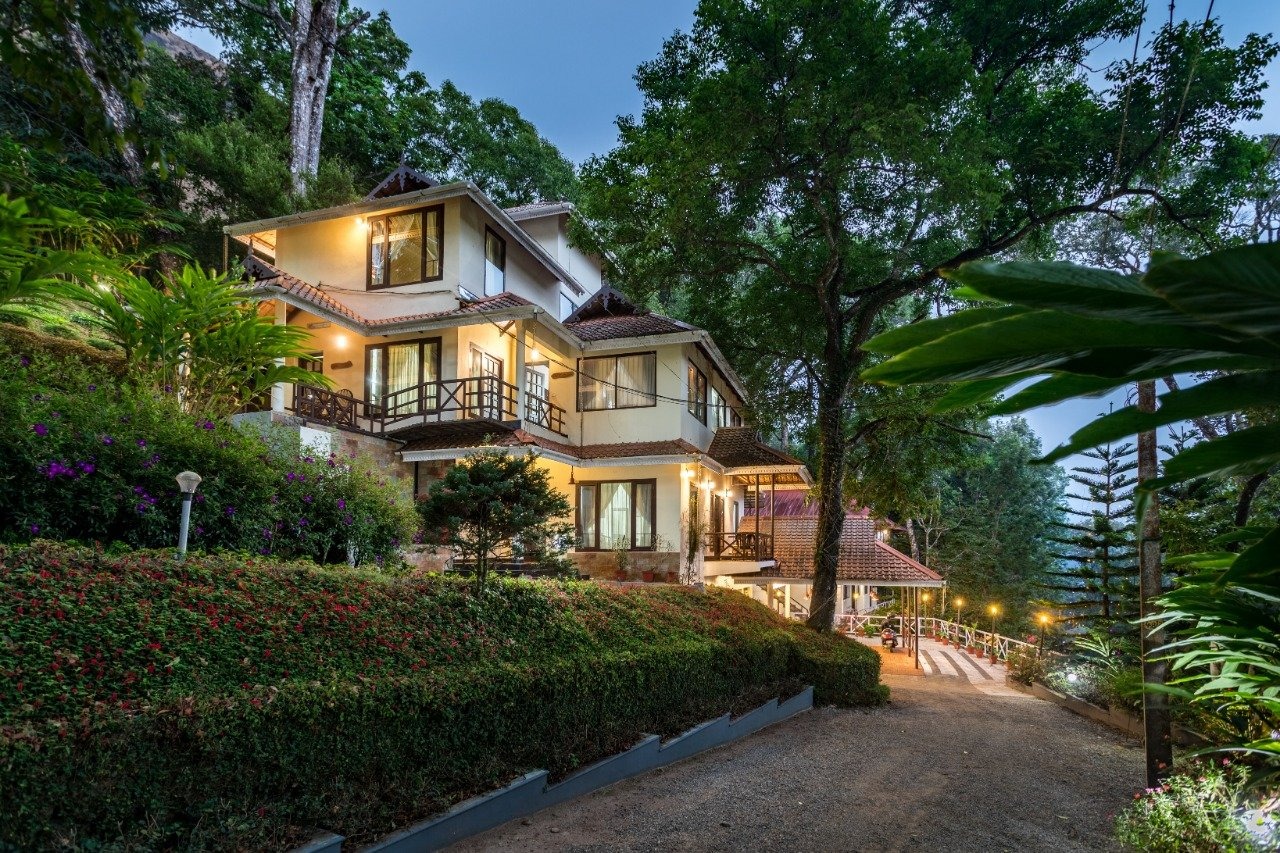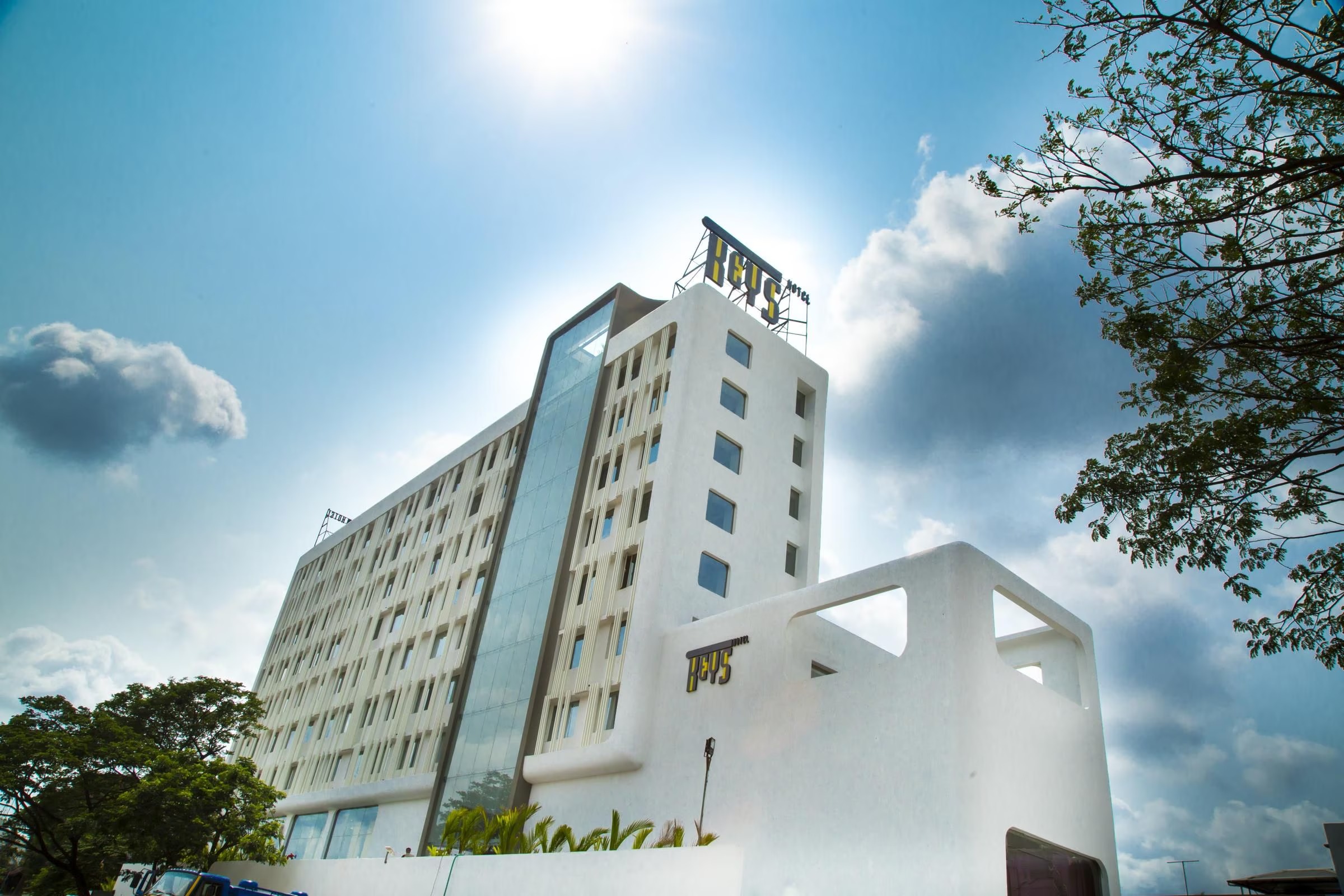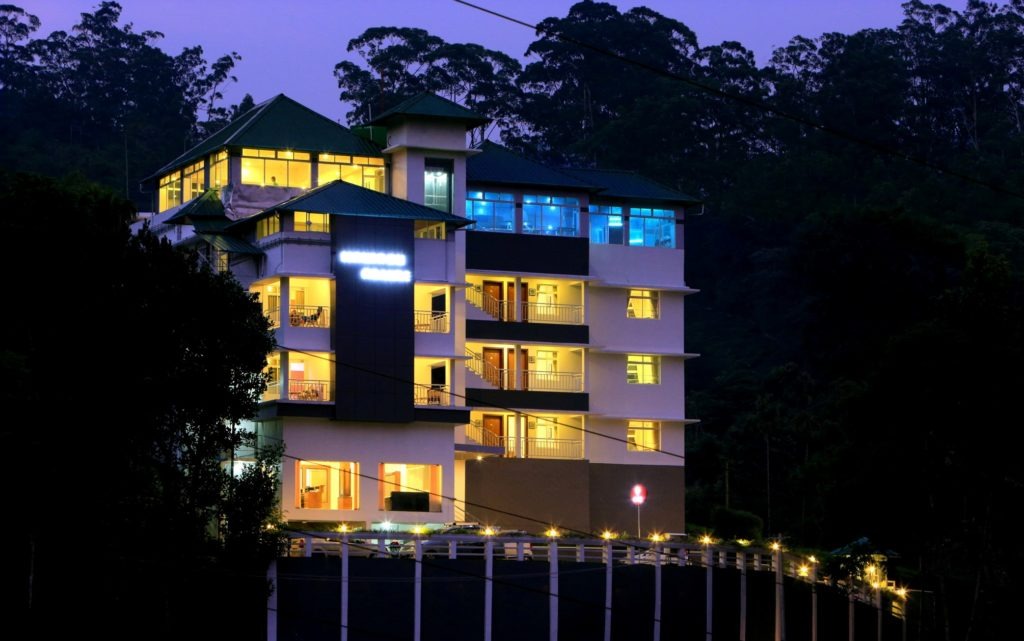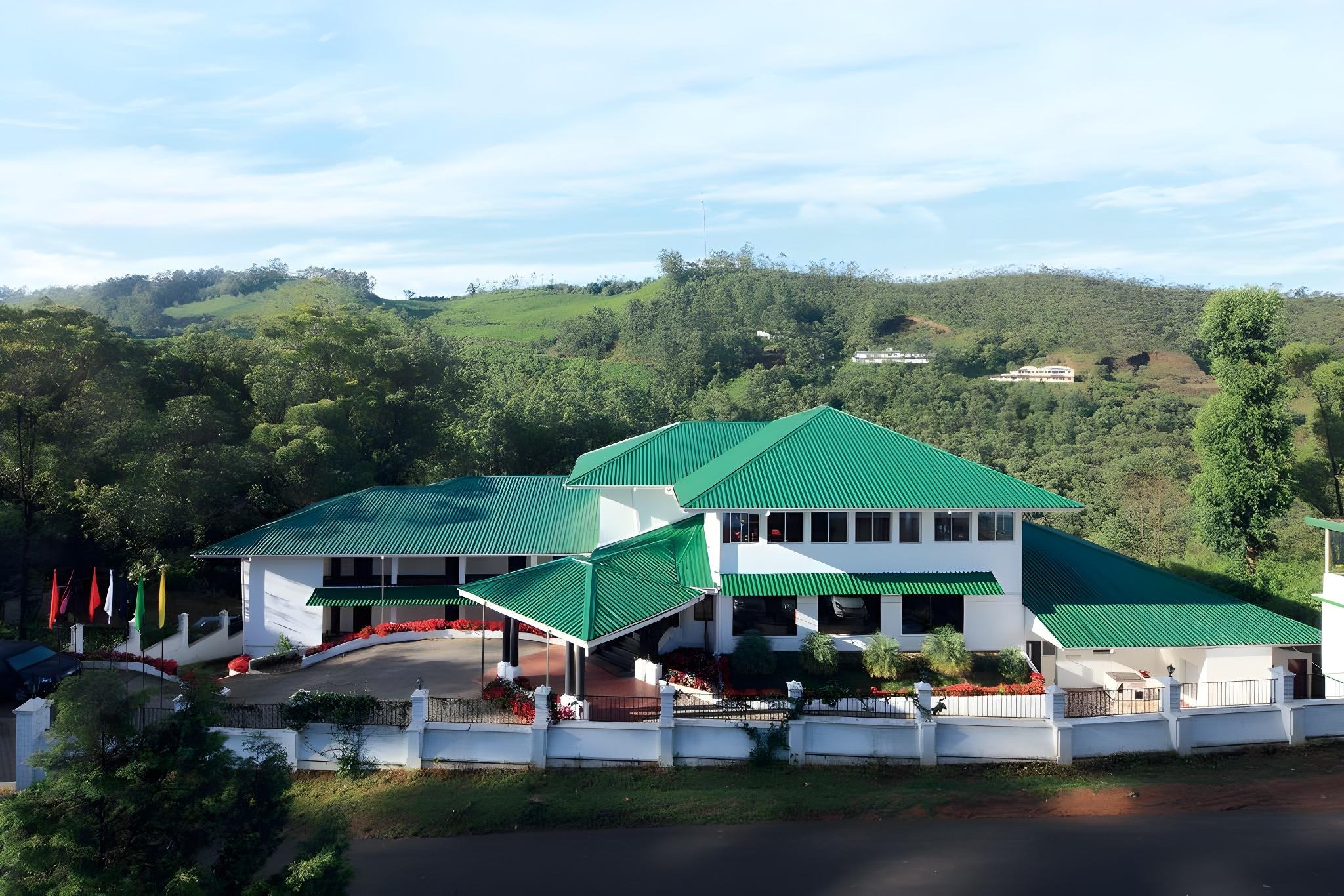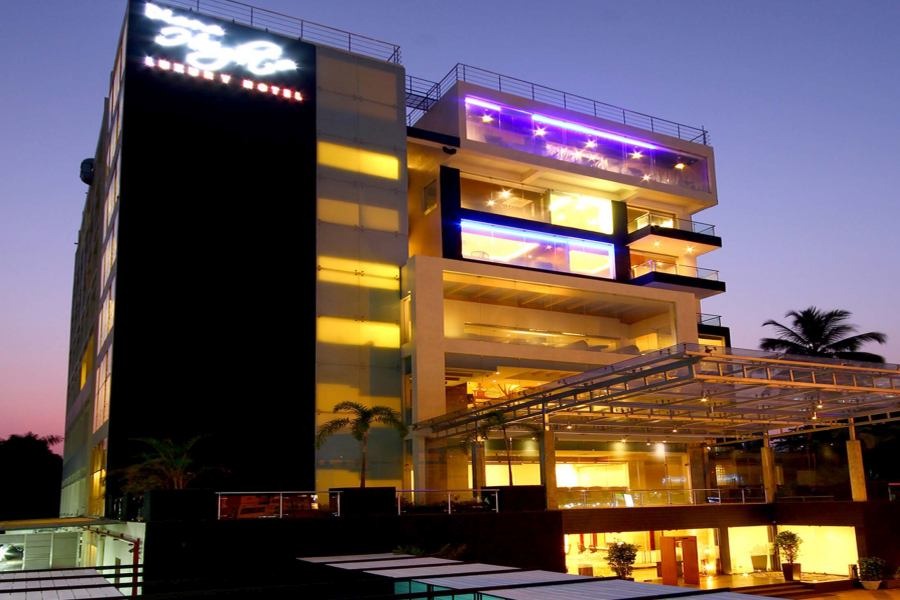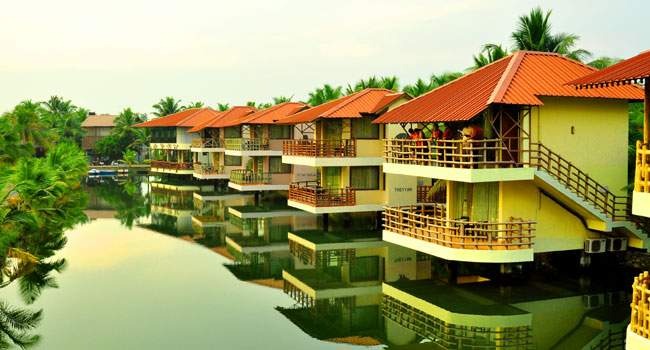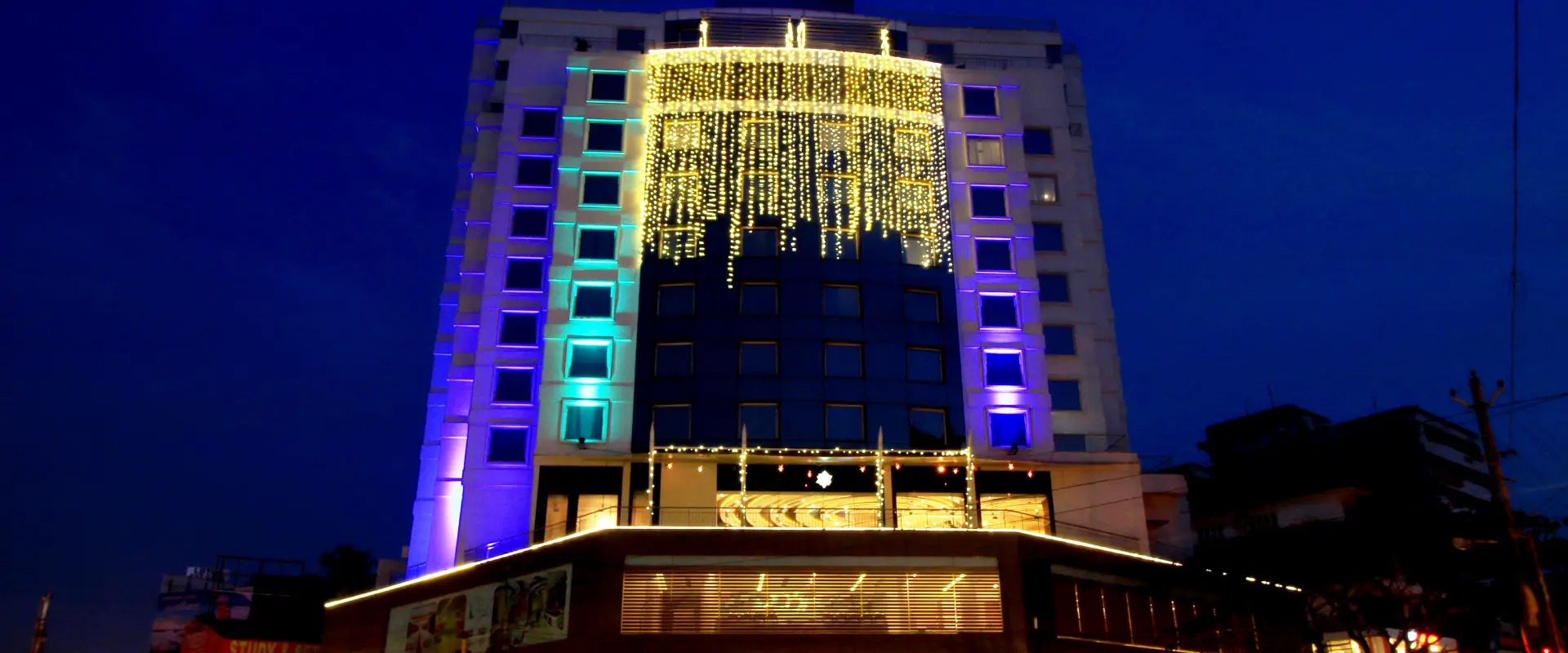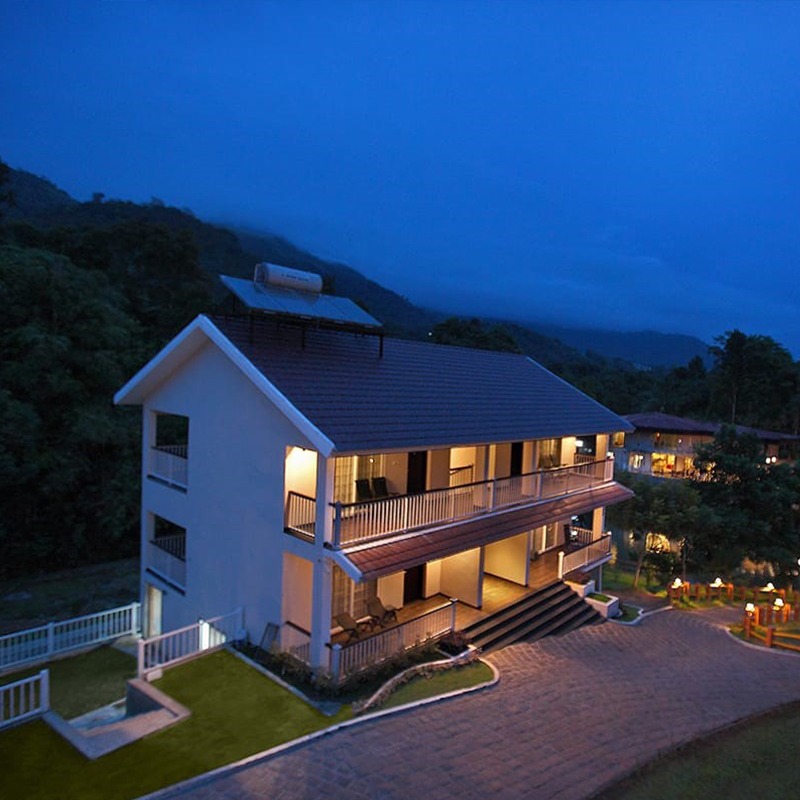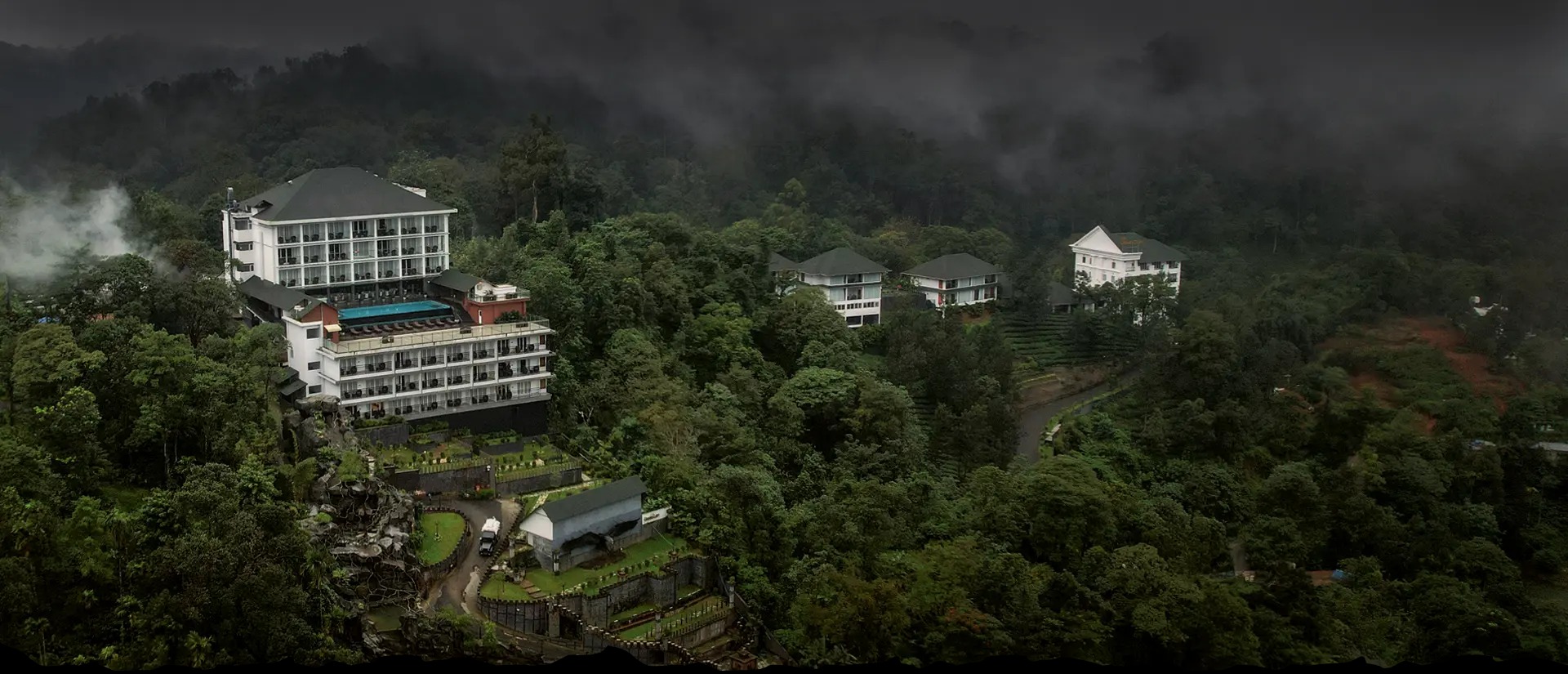6 Days Kerala (Cochin, Munnar, Thekkady, Alleppey)
Cochin > Cochin 1N > Munnar 2N > Thekkady 1 > Alleppey 1N > Cochin
Duration
6 Days
Tour Type
Leisure & Sightseeing
Group Size
15 persons
Location
Kerala
Sketch Itinerary
Itinerary
Day 1: Cochin

Arrive in Cochin and check into your hotel. Explore the historic Fort Kochi area, known for its colonial architecture and Chinese fishing nets. Explore the bustling streets of Jew Town and visit the Paradesi Synagogue. Spend the evening in the modern town of Ernakulam with a bit of shopping.
Overnight Stay in Cochin
Day 2: Munnar
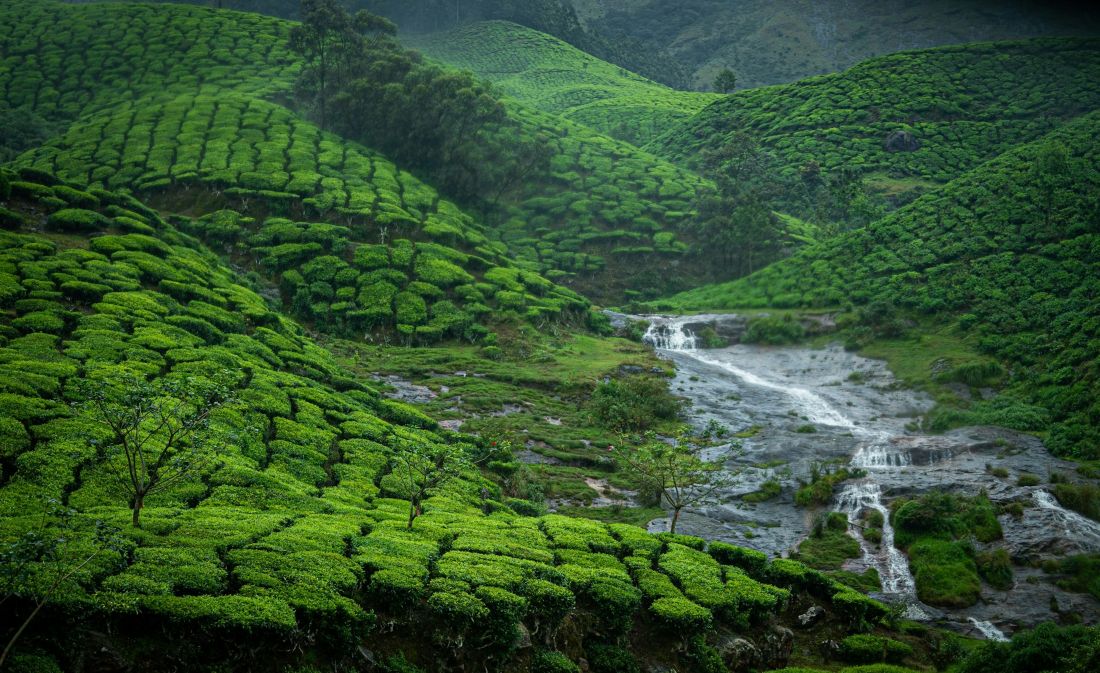
After breakfast, drive to Munnar, a picturesque hill station known for its tea plantations. En route, visit the Cheeyappara and Valara waterfalls. Check into your hotel in Munnar and relax for a while. In the afternoon, visit the Tea Museum to learn about the history and process of tea production. In the evening, you have the option to visit the Blossom International Park and explore the local markets.
Overnight Stay in Munnar
Day 3: Munnar
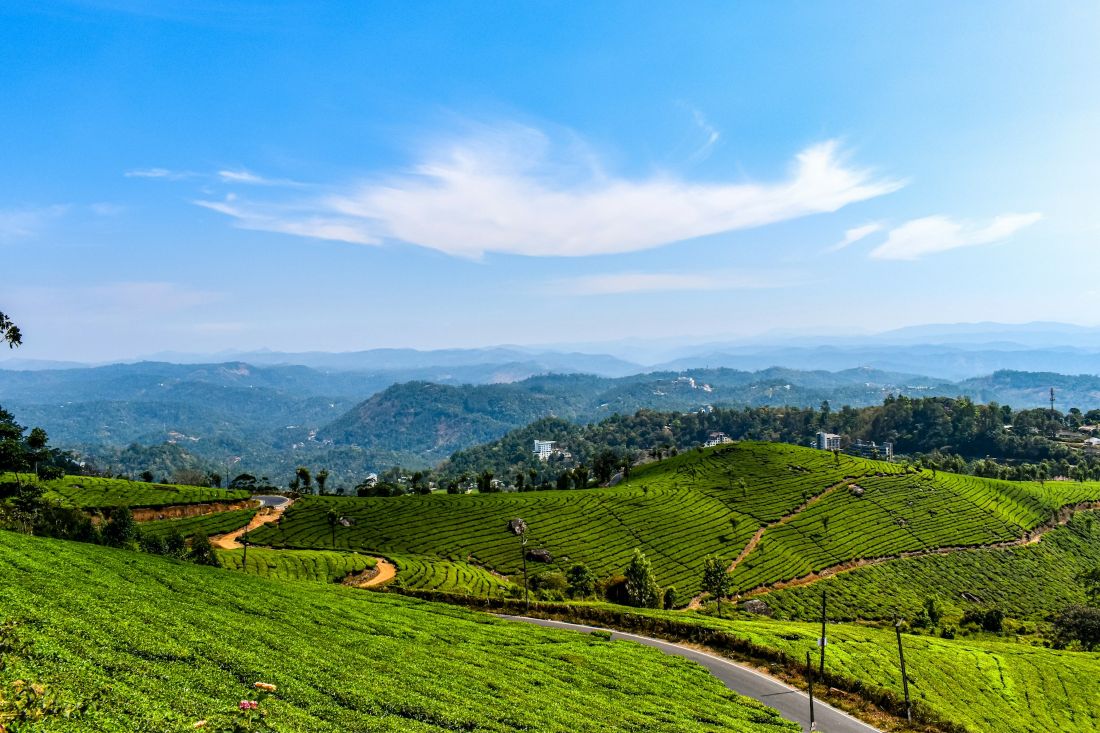
After breakfast, visit the Eravikulam National Park, home to the endangered Nilgiri Tahr. Enjoy a short trek inside the park and witness the breath-taking views of the surrounding hills. Afternoon enjoy a stroll through the tea gardens and visit the Mattupetty Dam and Kundala Lake.
Overnight Stay in Munnar
Day 4: Thekkady
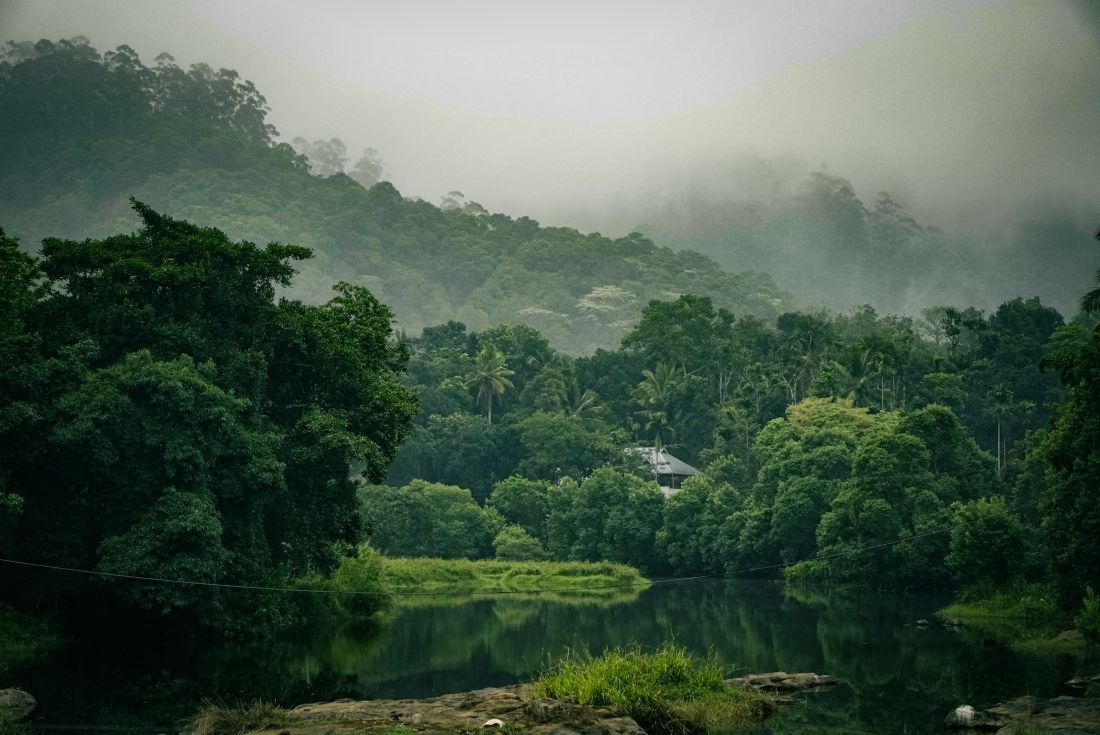
After breakfast, drive to Thekkady, famous for its wildlife sanctuary and spice plantations. Check into your hotel and relax for a while. In the afternoon, take a boat ride on Periyar Lake in Periyar Wildlife Sanctuary. Spot wildlife, including elephants, deer, and various bird species. Visit the spice plantations and learn about the various spices grown in the region.
Overnight Stay in Thekkady
Day 5: Alleppey
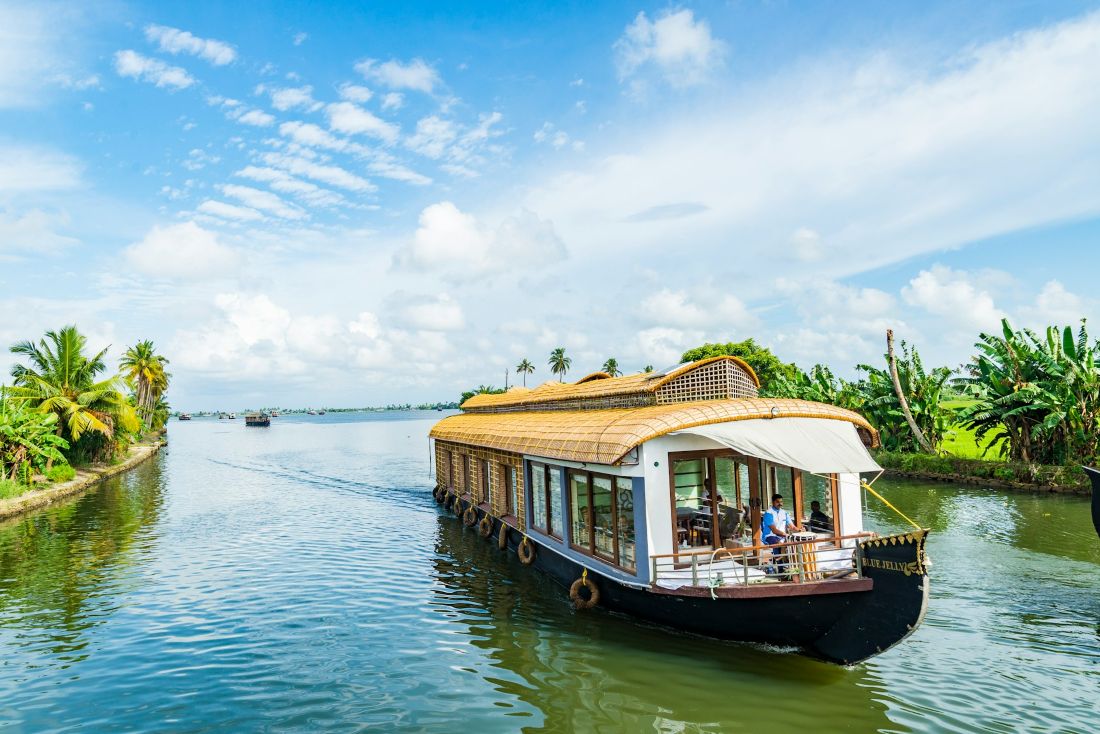
After breakfast, drive to Alleppey. Check in to the hotel. After a short rest enjoy a boating through the backwaters (cost extra). Enjoy the serene surroundings as you sail through the backwaters, passing by lush paddy fields and coconut groves. Spend the evening in Alleppey beach.
Overnight Stay at Alleppey
Day 6: Cochin
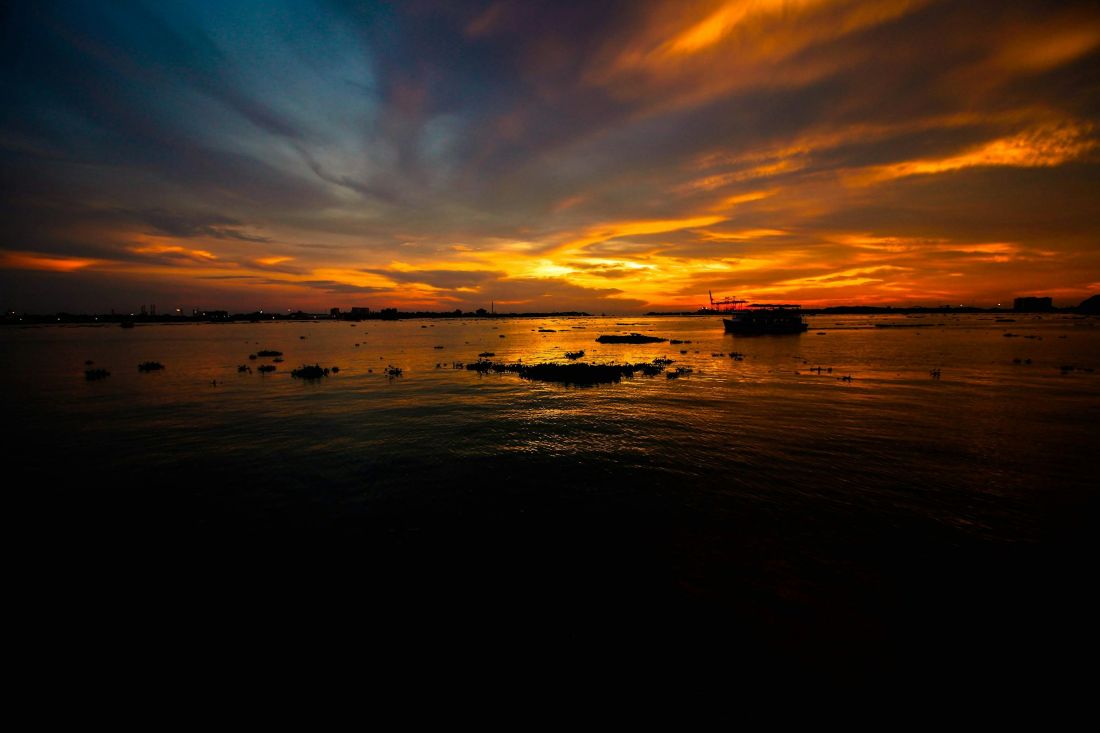
After breakfast, drive to Cochin. Indulge in a bit of shopping before concluding your trip and drop off at Cochin airport for departure.
End of Tour
Included/Excluded
Hotel Details
Kochi (1 Night)
Munnar (2 Nights)
Thekkady (1 Night)
Alleppey/ Kumarakam (1 Night)
Kochi (1 Night)
Munnar (2 Nights)
Thekkady (1 Night)
Alleppey/ Kumarakam (1 Night)
Kochi (1 Night)
Munnar (2 Nights)
Thekkady (1 Night)
Alleppey/ Kumarakam (1 Night)
Kochi (1 Night)
Munnar (2 Nights)
Thekkady (1 Night)
Alleppey/ Kumarakam (1 Night)
Kochi (1 Night)
Munnar (2 Nights)
Thekkady (1 Night)
Alleppey/ Kumarakam (1 Night)
Kochi (1 Night)
Munnar (2 Nights)
Thekkady (1 Night)
Alleppey/ Kumarakam (1 Night)
Experiences
 Culinary & Food
Culinary & Food Culture, Heritage & History
Culture, Heritage & History Lakes & Rivers
Lakes & Rivers Mountain & Hill Stations
Mountain & Hill Stations Nature & Wildlife
Nature & Wildlife Scenic Drives
Scenic Drives Shopping & Local Markets
Shopping & Local Markets Spa & Wellness Retreats
Spa & Wellness RetreatsFAQs
What is the best time to visit Kerala?
How can I reach Kerala?
What are the local transportation options?
Are houseboat cruises available year-round?
What types of accommodations are available in Kerala?
Is Kerala vegetarian-friendly?
Are medical facilities easily accessible?
Are there cultural norms I should be aware of?
Are Ayurvedic treatments safe and authentic in Kerala?
Is there a dress code at temples?
Which are the must-visit destinations in Kerala?
Are any permits required to visit tourist areas in Kerala?
What is Munnar famous for?
Why is Thekkady popular?
Can we spot tigers in Thekkady?
Is Alleppey the same as Alappuzha?
How many people can stay on a houseboat?
What is Kochi known for?
Is Cochin a good place for shopping?
Extra prices:
Discounts:
- {{total_price_html}}
- {{pay_now_price_html}}
